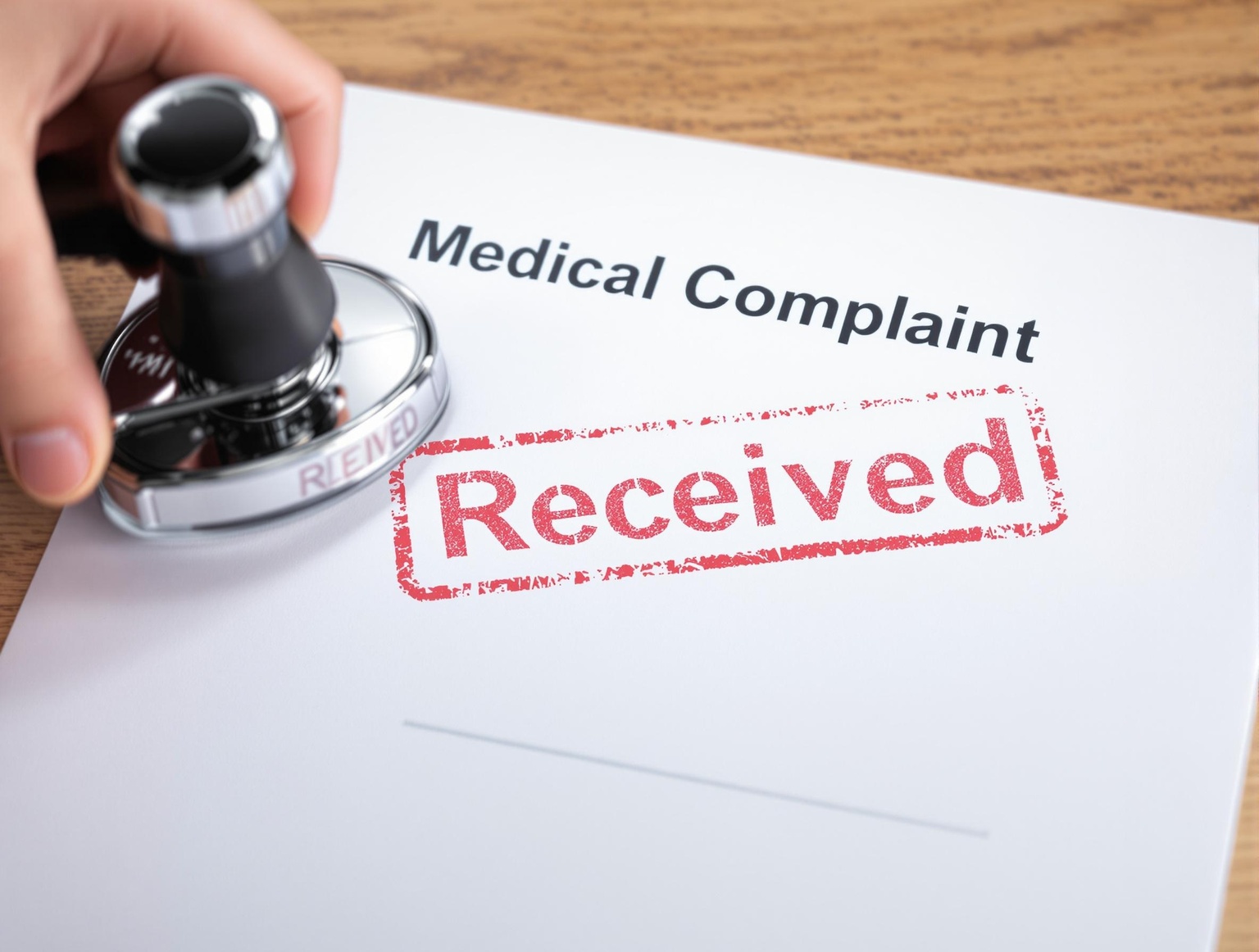In Hong Kong, millions of individuals utilize public and private healthcare services each year.
The healthcare professionals providing these services, among others, include internists, surgeons, specialists, psychiatrists, dentists, physiotherapists, nurses, and medical assistants. Patients rely heavily on the professional standards of these healthcare professionals. Despite their professional training, errors can occur during the treatment process, and medical incidents are not uncommon due to inherent risks in medical procedures.
Not every medical incident necessarily results from medical negligence. To establish medical negligence, the following criteria must generally be met:
Deviation from Standard Practice: The healthcare professional must have deviated from standard medical procedures, either by not following accepted practices or by performing actions that are not recognized by the medical community as appropriate.
Comparison with Peers: The performance and actions of the involved healthcare professional will be compared with the skills and professional standards exhibited by peers in similar or comparable situations. If the procedure used by the healthcare professional is consistent with that generally employed by peers, the court will assess whether medical negligence occurred based on prevailing professional standards. The healthcare professional is not required to meet the highest standards of practice but must adhere to generally accepted levels of care. For example, if a patient's treatment falls below the standard of care expected from trained healthcare professionals, it may constitute medical negligence.

Additionally, to determine whether a healthcare professional has committed medical negligence, the court must evaluate:
- Whether the healthcare professional obtained informed consent from the patient before performing the medical procedure.
- Whether the patient was adequately informed of all significant risks associated with the medical procedure.
- Whether appropriate alternative treatments with less risks were suggested to the patient.
- If a healthcare professional fails to obtain prior consent, does not inform the patient of significant risks, or does not present alternative options, they may be held liable for medical negligence.
However, healthcare professionals are not obligated to guarantee a cure. Their responsibility is to provide reasonable professional care and skill during the treatment process. As long as the healthcare professional acts according to generally accepted practices, they will not be considered negligent, even if other practitioners might have employed different methods. Conversely, if a healthcare professional deviates from standard practices without justification and causes harm, they may be found negligent for failing to meet the duty of care.
Patients should not misuse "medical negligence" as a basis for legal action solely because treatment outcomes are unsatisfactory. A patient must provide sufficient evidence to demonstrate that the level of care received was below the generally accepted standard for trained healthcare professionals. Otherwise, if a patient loses the case in court, they may be liable for legal costs incurred by the healthcare professionals and the hospital (or their liability insurers).
Examples of potential medical negligence include, but are not limited to:
- Failure to provide timely treatment
- Failure to refer the patient to a relevant specialist in a timely manner
- Failure to explain the treatment procedure
- Failure to inform the patient of risks involved in the treatment
- Failure to offer other suitable treatment options
- Performing treatment without the patient’s written consent
- Diagnostic errors
- Delayed diagnosis
- Medication errors
- Leaving instruments or other objects inside the patient during surgery
- Failure to arrange follow-up care
- Failure to arrange further tests
- Misdiagnosis based on X-rays, examinations, or test results
- Errors in treatment arrangements at a clinic or hospital
- Use of unsterilized equipment
- Infections acquired during hospital stay
- Administration of prohibited or inappropriate medications.
- Performing unplanned surgeries
- Failure to identify detectable conditions, etc.